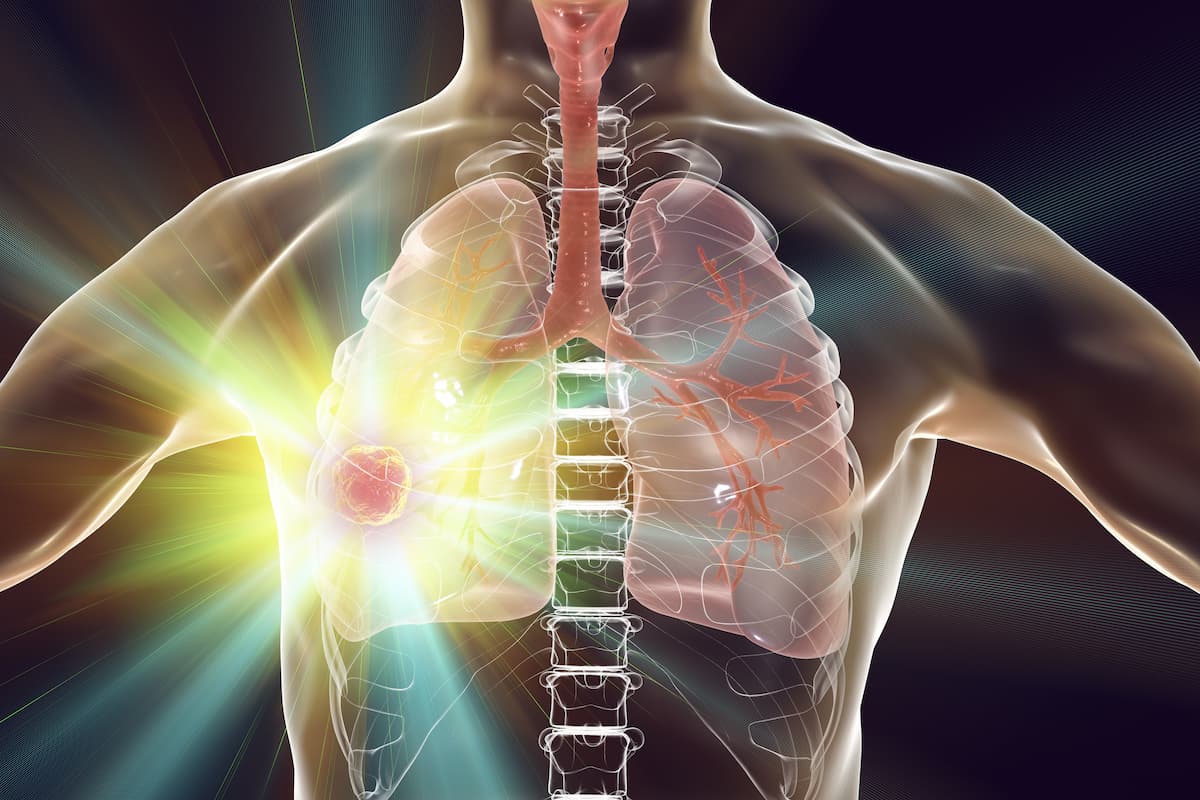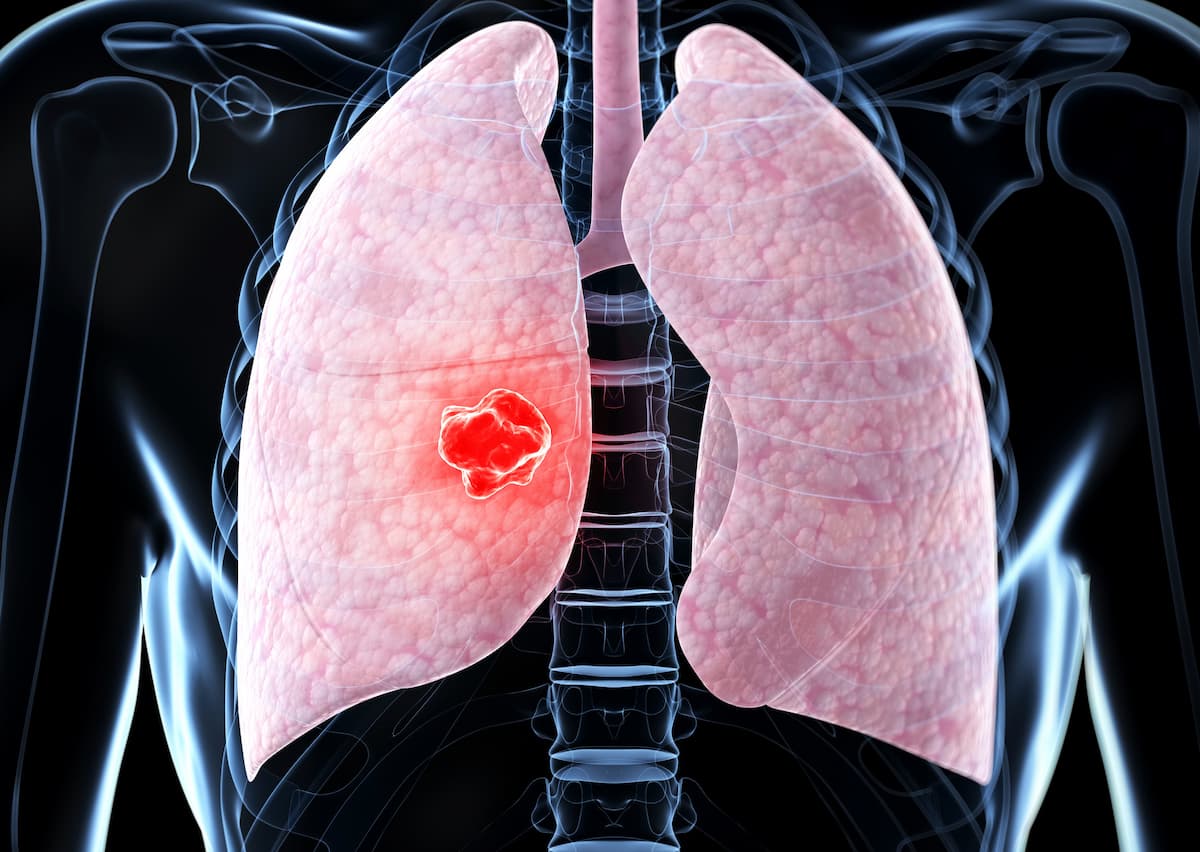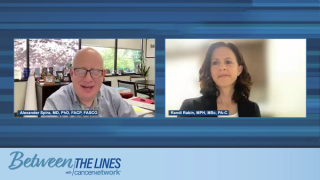
Non-Small Cell Lung Cancer (NSCLC)
Latest News
Latest Videos

More News

FDA Approves NGS-Based Companion Diagnostic for Zongertinib in NSCLC
The drug that the companion diagnostic identifies patients for, zongertinib, received FDA approval for HER2-mutant NSCLC on August 8, 2025.

Zongertinib is now approved by the FDA for patients with nonsquamous NSCLC with HER2 TKD activating mutations.
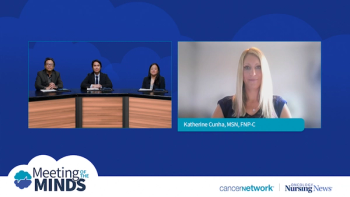
Panelists discuss how dose modifications for ALK inhibitors can significantly improve quality of life issues like brain fog and weight gain while maintaining disease control, emphasizing the importance of multidisciplinary team support including palliative care from diagnosis.

Explicating Early-Line Treatment Considerations for EGFR-Mutant NSCLC
Following the approval of dato-DXd in untreated EGFR-mutant NSCLC, Jacob Sands, MD, discussed next steps for improving outcomes for this disease.

Integrating Dato-DXd Into Early-Line EGFR-Mutant NSCLC Management
Jacob Sands, MD, discussed considerations for EGFR-mutant non–small cell lung cancer following the approval of dato-DXd in this disease.
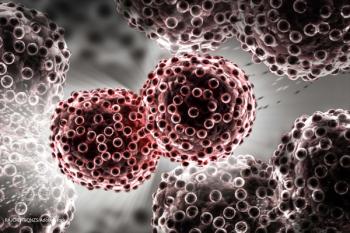
Aumolertinib Has Long-Term Survival Benefit in NSCLC With Brain Metastases
Nonrandomized phase 2 data support further assessment of aumolertinib among patients with NSCLC and brain metastases in a randomized clinical trial.
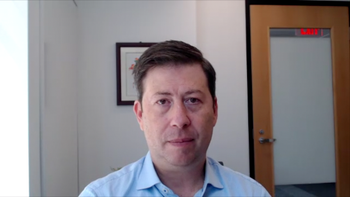
A combined cohort composed of patients from the TROPION-Lung01 and TROPION-Lung-05 trials showed a survival advantage with dato-DXd vs docetaxel.

Panelists discuss how proactive monitoring for ALK inhibitor adverse effects through regular lipid panels, liver function tests, and patient education about red flag symptoms like bradycardia or cognitive changes enables early intervention and successful dose management.

Osimertinib/chemotherapy and amivantamab/lazertinib have exhibited an efficacy advantage vs osimertinib in patients with EGFR-mutant NSCLC.

Panelists discuss how the unprecedented 5-year progression-free survival benefit (60% vs 8%) demonstrated in the CROWN trial supports starting with the most effective treatment (lorlatinib) upfront rather than sequential therapy approaches.

The treatment combination elicited partial responses in 80% of patients with squamous NSCLC and 46% in nonsquamous NSCLC.

Panelists discuss how treatment selection between lorlatinib and alectinib for ALK-positive non–small cell lung cancer should consider both efficacy data favoring lorlatinib and patient-specific factors like neuropsychiatric history or cardiovascular comorbidities that might favor alectinib.

Panelists discuss how a 48-year-old fitness instructor with ALK-rearranged stage IV lung cancer and bone metastases was successfully treated with alectinib, experiencing manageable adverse effects while returning to modified teaching activities.
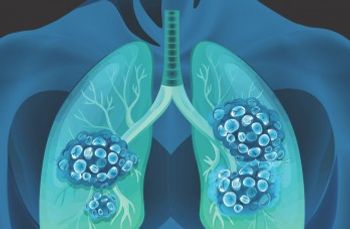
The agency’s decision is based on results from the phase 1 RMC-6291-001 clinical trial evaluating elironrasib monotherapy in patients with solid tumors.

DB-1310 Earns FDA Fast Track Designation in EGFR-Mutant Nonsquamous NSCLC
Support for the regulatory decision follows data from a phase 1/2a clinical trial assessing the agent in EGFR-mutant NSCLC at the 2025 ASCO Annual Meeting.

Osimertinib Combo Significantly Prolongs Survival in Advanced EGFR+ NSCLC
Investigators will present updated findings from the phase 3 FLAURA2 trial at a future medical meeting.

Panelists discuss how managing amivantamab-related adverse events like leg edema requires understanding of underlying mechanisms (hypoalbuminemia) and may benefit from albumin infusion, dose holds, or consultation with specialists for severe cases like infected scalp wounds.

Panelists discuss how the COCOON study's advanced dermatologic prophylaxis protocol, including systemic antibiotics and topical treatments, can reduce skin toxicities by 50% in patients receiving amivantamab plus lazertinib therapy.
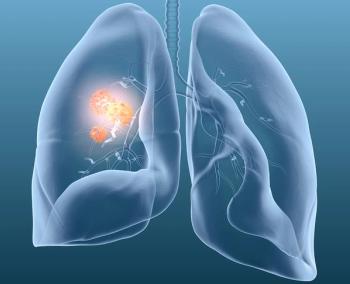
Particularly strong efficacy signals were observed in patients with non-squamous non–small cell lung cancer previously treated with PD-1 inhibition.

Panelists discuss how comprehensive patient education about expected adverse effects, combined with prophylactic measures including dexamethasone premedication and dermatologic support, helps patients successfully tolerate amivantamab plus lazertinib therapy while maintaining treatment adherence.

Panelists discuss how real-world experience with amivantamab plus lazertinib has shown remarkable responses consistent with trial data, including effectiveness in challenging cases like leptomeningeal disease, with manageable adverse effects when proper prophylactic measures and patient education are implemented.

FDA OKs NGS Test for Tumor Profiling and as CDx for Sunvozertinib in NSCLC
The Oncomine Dx Express Test may generate results in as little as 24 hours when used on the Ion Torrent Genexus Dx Integrated Sequencer.
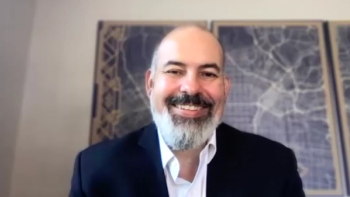
According to Jorge Nieva, MD, there are a multitude of things that can be explored to enhance the treatment landscape for lung cancer.
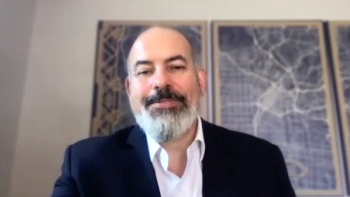
Taletrectinib showed improved efficacy in patients with ROS1-positive non–small cell lung cancer who were treatment-naïve.
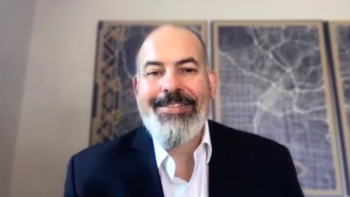
Taletrectinib Is Suitable for First- and Second-Line ROS1+ NSCLC
“It’s a drug that I’m very comfortable with, and it is a drug I’ll likely use primarily in the first-line setting,” stated Jorge Nieva, MD, on taletrectinib in non–small cell lung cancer.





